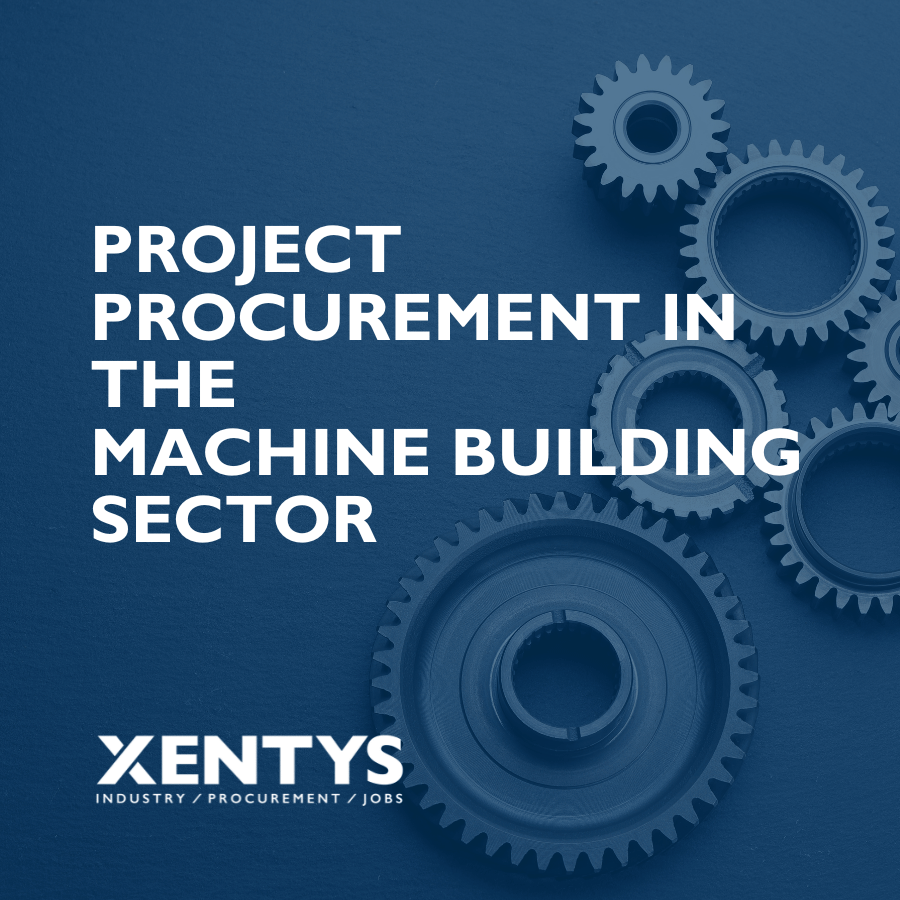Table of contents
When to hire an interim buyer?
You hire a temporary or interim buyer when one of the following situations occurs:
- The incumbent buyer is temporarily unavailable, e.g. due to illness, pregnancy or because of a major project (e.g. an ERP implementation).
In this case, a temporary buyer is needed with the same level as the, temporarily unavailable, permanent employee - To bridge a period of growth that is uncertain to continue
The temporary buyer has the experience and knowledge needed to staff this growth - In case of a project for which e.g. a subject matter expert buyer (with in-depth knowledge) is desired
- If there is a desire to start a structured, improved procurement, e.g., of a certain category of products or services. Once this is in place, the interim can be replaced by a permanent employee.
The temporary buyer is a professional who has extensive experience with similar improvement projects.

Given the above, it will be clear that an interim buyer solves a temporary problem. His/her knowledge and experience depend on “the gap” that (the job description that) he/she fills.
The assignment description also indicates the duration of the assignment, however, it may change due to the environment in which he/she operates and due to the quality of the interim buyer. In practice, for example, it is difficult to say goodbye to a really good interim buyer.
At the bottom line, it is by definition a more expensive solution that must be offset by the temporary specific input and added value provided by the interim buyer.

FREE WHITE PAPER
Reduce Total Cost of Ownership (TCO) with the Kraljic Matrix
Why hire an interim NPR buyer?
Indirect purchasing, also called: NPR (Non-Product Related) or indirect procurement, refers to all indirect goods and services that an organization needs to support its core business. Thus, these categories are not directly involved in the production or provision of services.
This includes the following categories (each with many subcategories): facility/soft services (cleaning, etc.), facility/hard services (building maintenance related), professional services, financial services, HR services, procurement for Marketing, idem for IT and depending on the organization and the business in which it operates, the following categories can either be labeled as indirect or direct procurement: MRO, Capex , packaging, logistics services.
Benefits of hiring an interim NPR buyer
There are several key benefits to hiring an interim NPR buyer, including:

Free whitepaper
Project Procurement in the Machine Building Sector
1. Access to expertise and experience
One of the biggest advantages of hiring an interim NPR buyer is that organizations have quick and easy access to the expertise and experience of an experienced NPR professional. An interim NPR procurement officer will need to have extensive experience in the area for which they are hired, plus a strategic procurement approach, and thus also deliver tangible results quickly.
An example is a subject matter expert facilities buyer whose job is to procure mobility or office cleaning, for example. This sounds quite simple, but in practice it will be seen that both subcategories require specific knowledge and extensive experience.
Mobility first of all requires a company policy in that area; if it does not already exist, it will have to be developed first. In larger organizations, the Works Council has an important role in this, in short, it requires preparation time. Only then can you start approaching suppliers of e.g. car leasing, shared cars, rental cars, public transport services, employee bike plan, etc. Each of those vendors and sub-sub categories, in turn, has its many idiosyncrasies. A similar story applies to cleaning: when do we want it cleaned, how do we arrange this with security, how clean do we want it (and how do we measure this), how do we get comparable bids, how will we manage the relationship with the cleaning service once the contract is in place, etc.?
In short, the hiring of an NPR buyer will have to lead to solid framework contracts that the organization will enjoy for a long time to come, but that is by no means automatic (good).

2. Flexibility and scalability
Another benefit of hiring an interim NPR procurement officer is that it allows organizations flexibility and scalability in their procurement operations. With an interim NPR procurement officer, organizations can easily increase or decrease their NPR procurement capacity as needed, without having to commit for an extended period of time. This can be particularly useful in situations where there is a sudden change in supply or demand.
Find a buyer through xentys
At xentys, your experienced procurement recruitment agency, we are happy to help you find the right professional for your procurement team. Send a message today and strengthen your purchasing department.
3. Cost savings
Hiring an interim NPR buyer can also result in cost savings for the organization. Because interim NPR buyers are hired only on a temporary basis, organizations can avoid the costs associated with hiring a full-time NPR buyer, such as salary, benefits and training. Moreover, an experienced interim NPR buyer can often identify cost-saving opportunities and, through his expertise, lower the cost level, in short, negotiate a better deal for the organization.
Conclusion
By using the expertise and experience of an experienced NPR professional, organizations can quickly take their procurement processes to the next level and create value for their business.
News

What is the meaning of SKU?
A SKU, or Stock Keeping Unit, is a unique code used to identify a specific product that is in stock. This alphanumeric code is indispensable for inventory management and logistics operations, as it allows products to be tracked and managed. SKUs can contain information about a product’s attributes, such as

What is meant by the 80/20 rule?
The 80/20 rule, also known as the Pareto principle, is an economic rule that states that 80% of all results come from 20% of all efforts. This rule was first introduced by Italian economist Vilfredo Pareto, who discovered that 80% of the land in Italy was owned by only 20%

What does 3PL & 4PL mean?
The terms 3PL (Third-Party Logistics) and 4PL (Fourth-Party Logistics) play an important role in supply chain management today. But what exactly do those terms mean? 3PL refers to a logistics service provider that outsources specific logistics functions, such as transportation, warehousing and distribution, to an external party. These service providers

What is a freight forwarder?
A freight forwarder, also known as a forwarding agent, is an essential link in the logistics chain. This party organizes and coordinates the transportation of goods from one location to another. In this context, the necessary means of transportation, such as trucks, ships or aircraft, must be arranged and






